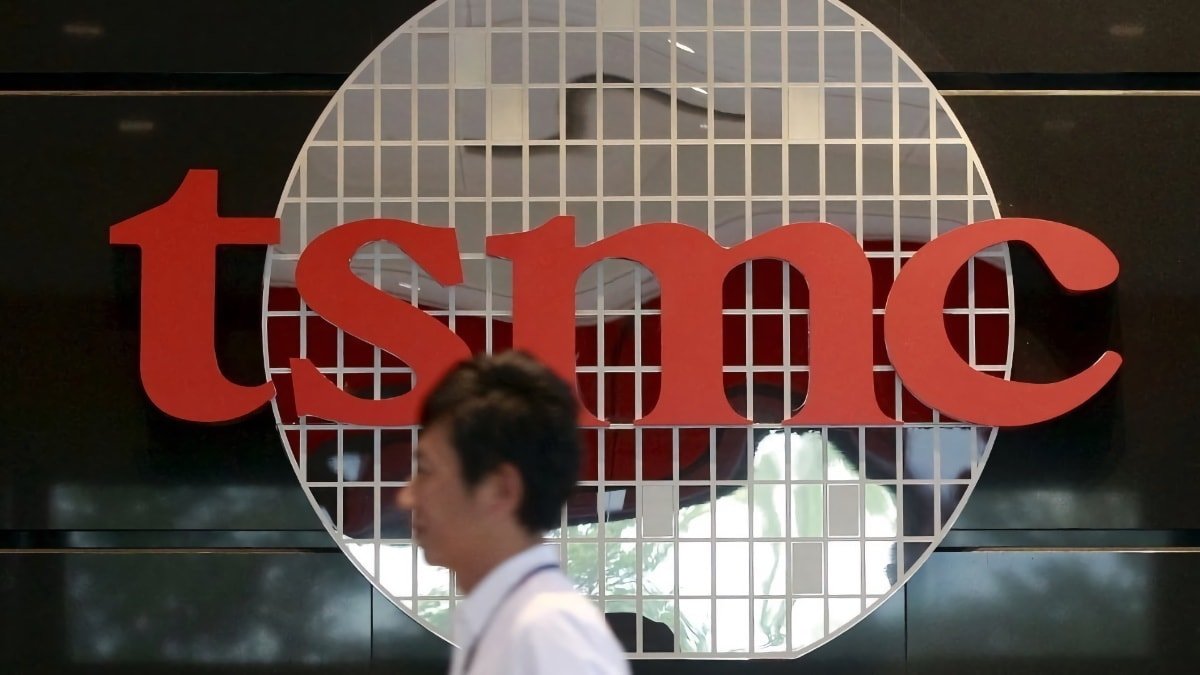Apple iPhone 15 chip manufacturing may shift to a less expensive track
Apple is reportedly considering a switch to a more affordable manufacturing process for the upcoming iPhone 15 Pro chip, which could reduce efficiency but improve overall performance.

Apple might switch to a different chip process
The company likely plans to introduce the A17 Bionic chip in the iPhone 15 lineup, which may be produced using TSMC's 3-nanometer manufacturing process. The A16 Bionic and certain earlier chips were manufactured using a 4nm process, and transitioning to the 3nm process would bring speed enhancements and various other advantages.
A recent post from Weibo user "Mobile phone chip expert" says that the A17 in the iPhone 15 Pro and iPhone 15 Pro Max will use the N3B process from TSMC, but next year will use the cost-effective N3E process.
"The A17 used in stock this year's iPhone15 Pro and iPhone15 Pro Max is an N3B process, but the A17 produced at some point next year will be switched to a cost-reducing N3E process, which may be less efficient," they said.
Starting from December 2020, reports surfaced indicating that Apple had placed an order for the full-scale manufacturing of TSMC's 3nm processors. TSMC has finalized the development of its 3nm process, and it will likely be used in many of Apple's new products.
But the company may switch to a different chip process, known as N3E.
The N3B process refers to TSMC's 3nm process variant, which offers enhanced performance and efficiency compared to previous generations. It typically involves a higher transistor density and a greater number of EUV (Extreme Ultraviolet) layers, enabling the production of smaller and more powerful chips.
On the other hand, the N3E process is another variant of TSMC's 3nm process but focuses on cost-effectiveness and affordability. While it may have a slightly lower transistor density and fewer EUV layers than the N3B process, the N3E process aims to balance performance and cost.
The user "Mobile phone chip expert" said Apple will switch to the N3E process in 2024 for the A17 chip. Another possibility is that Apple will also use the process for the iPhone 16 lineup, given that manufacturing for the iPhone 15 models is already in progress.
Read on AppleInsider

Comments
If you upgrade, then iPhone 15 Pro is the one to buy. iPhone 15 might get Dynamic Island, but it will deliver performance and battery life matching iPhone 12. If you don't already own an iPhone 12/13/14 and feel iPhone 15 Pro will be too expensive, then just buy an iPhone 12. With 5G, OLED, 2 lenses, great performance, and Magsafe it checks most boxes.